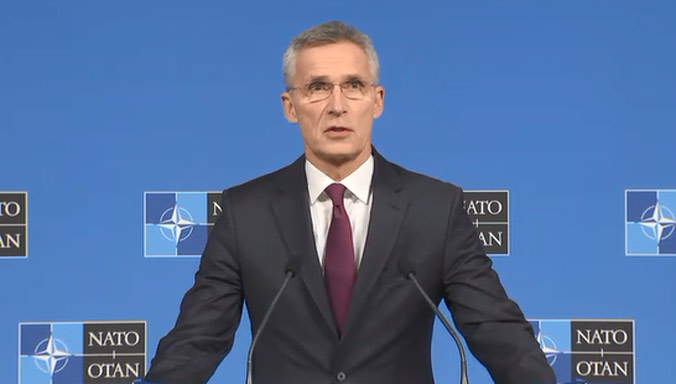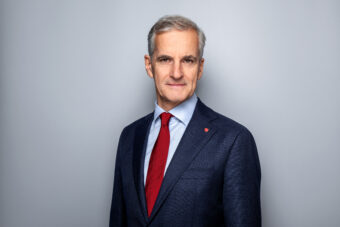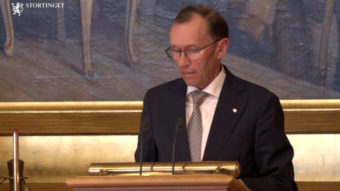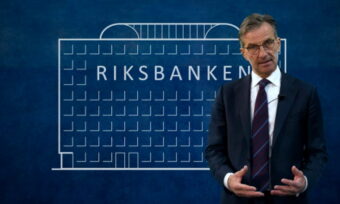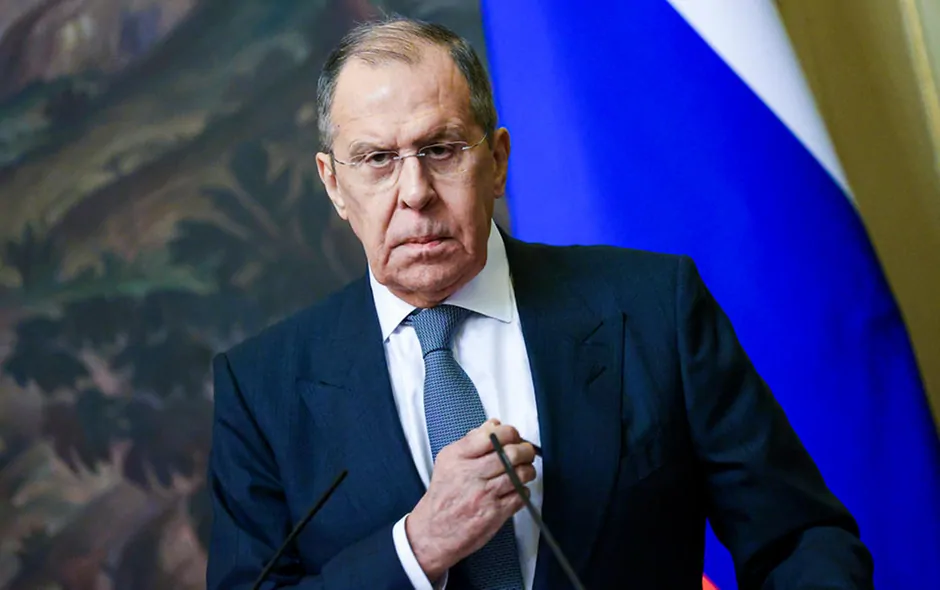
MOSCOW (AP) — Russia’s top diplomat warned NATO against redeploying U.S. atomic weapons to Eastern Europe if Germany refuses to keep hosting them, saying Wednesday that such a move would be irresponsible and provocative.
Russian Foreign Minister Sergey Lavrov was responding to NATO Secretary General Jens Stoltenberg’s comment this month that the alliance would need to consider relocating nuclear weapons east if the new German government changes the country’s policy on nuclear sharing.
Lavrov described Stoltenberg’s statement as “absolutely irresponsible” and “outrageous.” “It’s not just fanning confrontation. It’s an attempt to provoke a hot conflict,” the minister said, speaking to members of the upper house of Russia’s parliament.
Relations between Russia and NATO sank to post-Cold War lows after Russia annexed Ukraine’s Crimean Peninsula in 2014 and supported a separatist insurgency that started the same year in eastern Ukraine.
Tensions escalated last month amid Ukrainian and Western concerns about a Russian troop buildup near Ukraine that raised fears that Moscow could invade its neighbor. The longtime leader of Belarus, President Alexander Lukashenko, said in a Tuesday interview that his country would be willing to host Russian nuclear weapons if NATO redeployed U.S. atomic bombs from Germany to Eastern Europe.
Lavrov described Lukashenko’s offer as a “serious warning prompted by the reckless Western policy.”
NATO is worried about a Russian buildup of heavy equipment and troops near Ukraine’s northern border, not far from Belarus. Ukraine says Moscow kept about 90,000 troops in the area following massive war games in western Russia earlier this year, and could easily mobilize them.
Ukrainian President Volodymyr Zelenskyy said last week that his country’s intelligence service had uncovered plans for a Russia-backed coup d’état. Russia denied the allegation and rejected the assertion that it is planning to invade Ukraine.
“You can discuss whether the likelihood for an incursion is 20% or 80%, it doesn’t matter. We need to be prepared for the worst,” Stoltenberg told reporters in Riga, Latvia, after chairing talks among NATO foreign ministers focused on the threat posed by Russia.
“There is no certainty, no clarity about exactly what are the Russian intentions, and they may actually evolve and change,” the NATO chief continued. Referring to Russia’s seizure in 2014 of Ukraine’s Crimean Peninsula, Stoltenberg added: “They’ve done it before.»
Asked about the decision to activate NATO’s crisis response planning system, which helps analyze potential crises and prepare a response to them, he said: “Allies agree that we need to have the plans in place to be sure that we are always able to protect all allies against any potential threat.”
The United States has shared intelligence with European allies warning of a possible invasion. European diplomats acknowledge the Russian troop movements, but some countries have played down the threat of any imminent invasion ordered by Moscow.
“We are very concerned about the movements we’ve seen along Ukraine’s border. We know that Russia often combines those efforts with internal efforts to destabilize a country. That’s part of the playbook, and we’re looking at it very closely,” U.S. Secretary of State Antony Blinken said.
